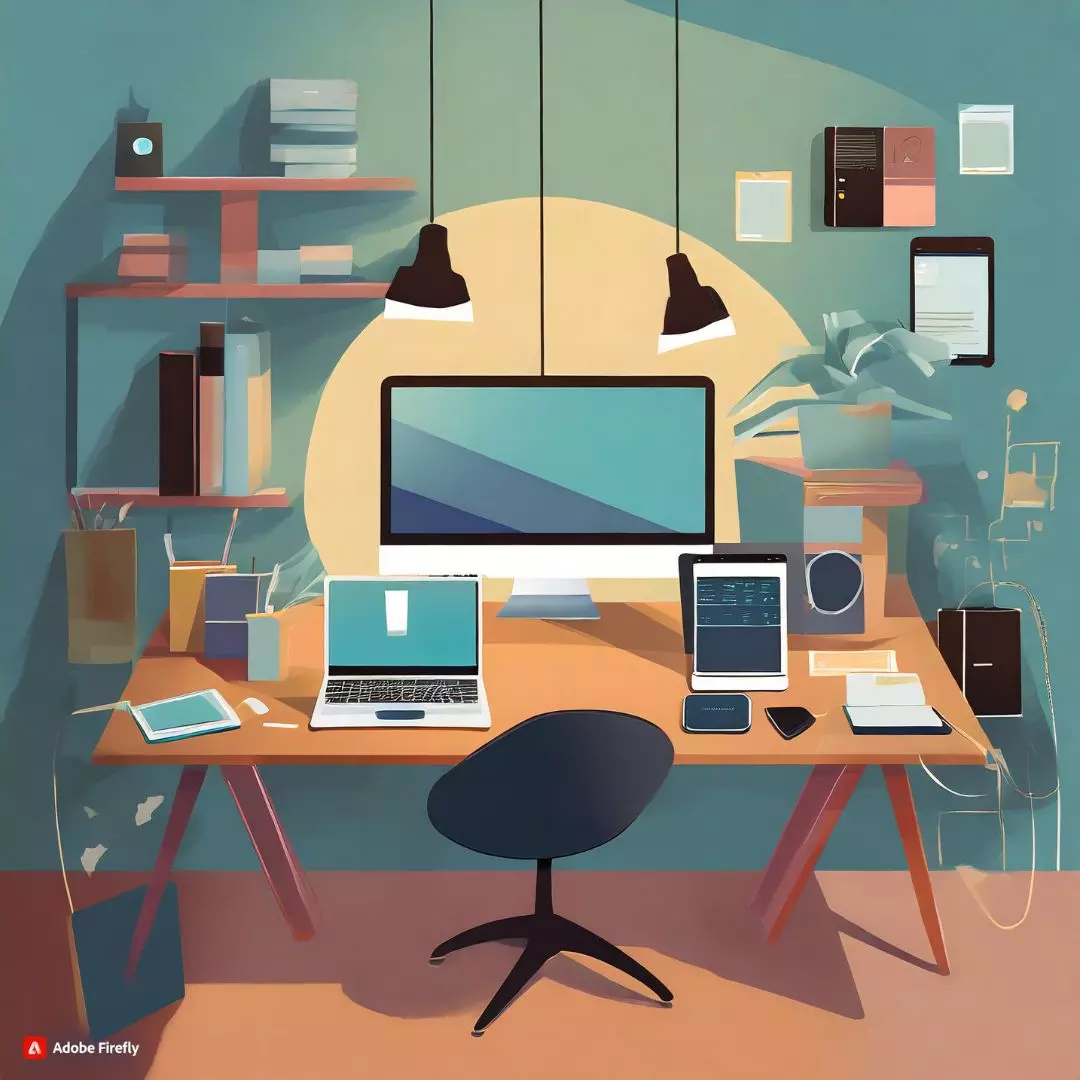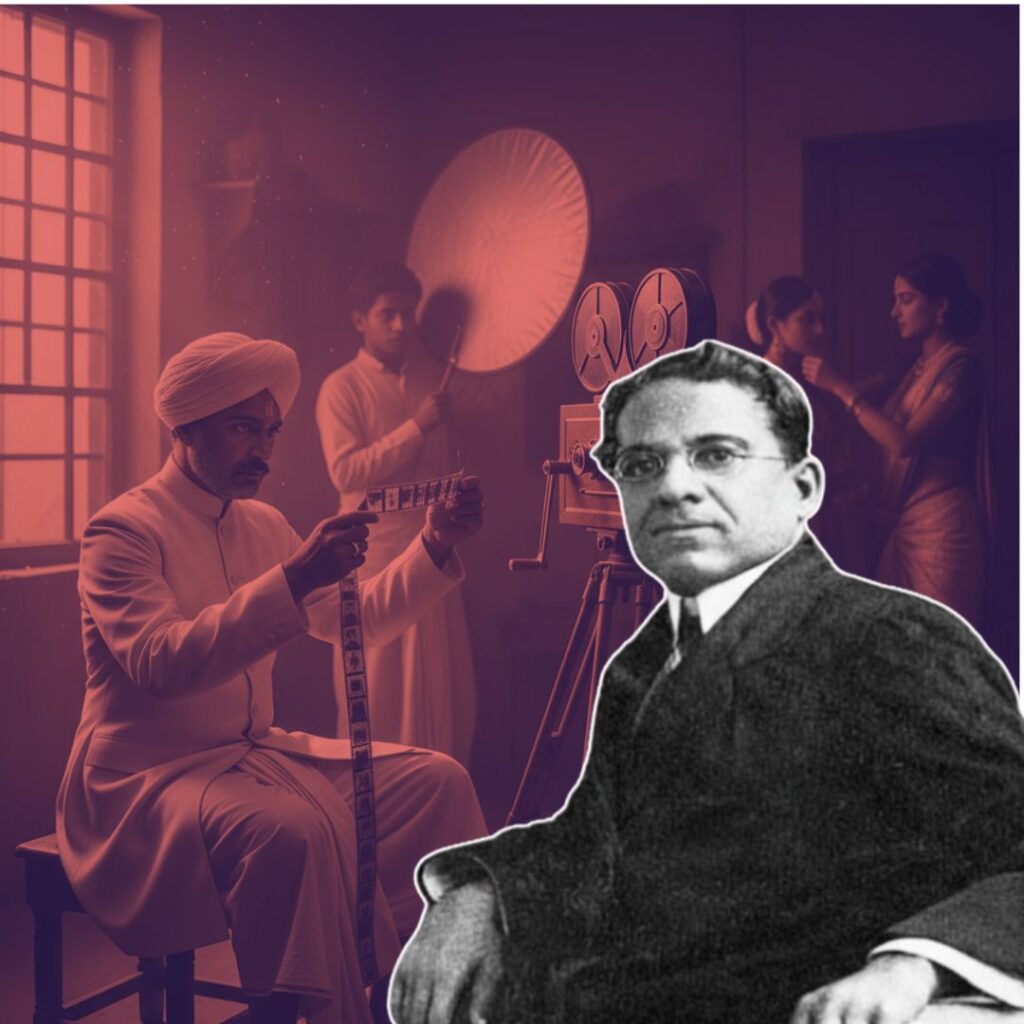In an era dominated by technology, screens have seamlessly integrated into every aspect of our lives. While offering unparalleled convenience and connectivity, this digital takeover has birthed an unintended challenge – Digital Addiction. This contemporary malady, stemming from the amalgamation of computing devices, internet access, and social media, is now acknowledged as a profound psychological and sociological concern. As a response to this escalating issue, a growing number of individuals and organizations are turning to Digital Detox, viewing it as a strategic solution to mitigate the detrimental impact on mental health and overall well-being.
What was once brushed off as a mere inconvenience has evolved into a formidable challenge to our mental well-being. The global surge in online engagement during the COVID-19 pandemic has intensified this issue, with people spending an alarming amount of time on their digital devices. A recent 2022 RedSeer report disclosed that Indians spend approximately 7.3 hours per day on non-core work-related devices, with similar trends observed in the United States. The fallout from Digital Addiction encompasses heightened stress levels, disrupted sleep patterns, diminished productivity, work-life imbalance, distorted self-image, FOMO (Fear of Missing Out), and even weight gain.
Digital Detox, a conscientious effort to curtail screen time, has emerged as a compelling strategy to counter the repercussions of Digital Addiction. This proactive approach is gaining momentum as individuals and organizations seek to recalibrate their relationship with technology, recognizing the imperative to preserve mental health in our increasingly screen-centric world.
As screens have become an integral part of our daily existence – from mobile phones, laptops, and televisions, to tablets – the challenges posed by excessive screen time have become increasingly evident. These challenges include potential sleep problems, loss of cognitive ability, delayed learning, and impaired socializing skills.
Designating specific areas in homes or workplaces as tech-free zones serves as a tangible reminder to unplug and reconnect with the physical world. Actively seeking opportunities for in-person connections, such as organizing coffee chats or participating in group activities, reduces reliance on digital communication and fosters genuine human interaction. Engaging in screen-free hobbies, whether outdoor activities, exercising, writing, or learning something new, provides a welcome respite for the eyes and engages the mind in more meaningful ways. Establishing time constraints for screen-related activities promotes a healthier balance between technology use and offline pursuits, fostering a more well-rounded lifestyle. Activating the ‘do not disturb’ feature minimizes distractions, allowing for focused attention during tasks and creating a peaceful environment conducive to better sleep. Incorporating mindfulness practices like meditation and yoga can replace the need for technology as stress alleviators, promoting mental well-being.
In a world where screens reign supreme, the quest for equilibrium between technology and mental health takes center stage. Embracing a digital detox is not merely a fleeting trend but a strategic response to safeguard our well-being in an increasingly screen-centric society. Through the implementation of these comprehensive strategies, individuals can embark on a transformative journey toward achieving a harmonious balance between screen time and mental health.
Also Read: Road Ministry Proposes Innovative Tech System To Address Hit-And-Run Concerns Among Truck Drivers












